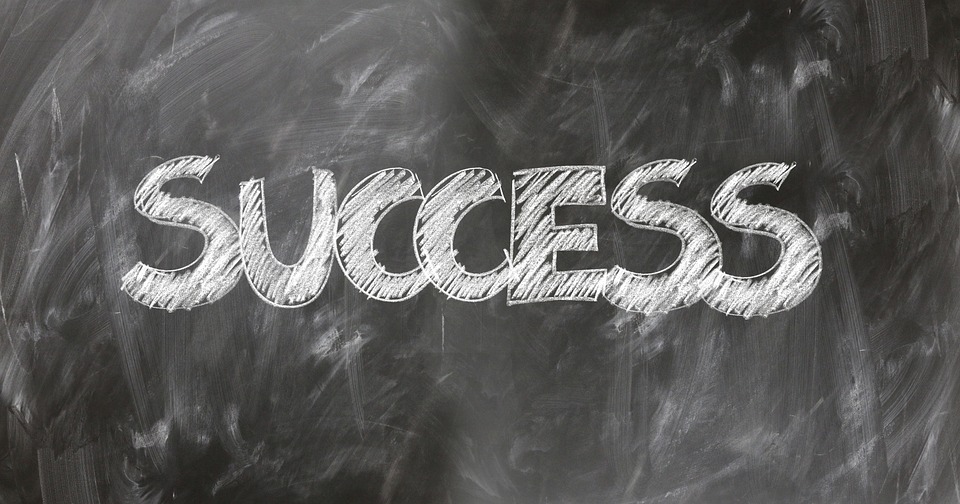In the rapidly changing job market, individuals often find themselves at crossroads in their careers, grappling with decisions about the path they should take. One of the most effective tools for navigating these dilemmas is self-assessment. This process involves a deep dive into one’s own skills, interests, values, and experiences to better understand what career paths may be the most fulfilling. This article explores the significance of self-assessment in career planning and how it can lead to long-term professional satisfaction.
Understanding Self-Assessment
Self-assessment is a systematic process that involves reflecting on one’s abilities, preferences, and characteristics. It often includes various methods such as surveys, questionnaires, and reflective practices. By gaining a clearer understanding of oneself, individuals can effectively align their careers with their personal values and strengths.
The Benefits of Self-Assessment
1. Identifying Strengths and Weaknesses
The first step in career planning is to identify what one does well. Self-assessment allows individuals to pinpoint their strengths, which can inform decision-making about potential career paths. Conversely, recognizing weaknesses is equally essential, as it helps highlight areas for development and improvement.
2. Clarifying Goals and Aspirations
Another important aspect of self-assessment is the opportunity it provides for clarifying career goals. Whether one aims to climb the corporate ladder, switch industries, or start their own business, understanding personal aspirations is crucial. Self-assessment encourages individuals to articulate what they truly want from their careers.
3. Enhancing Decision-Making Skills
Self-assessment cultivates better decision-makers. When individuals have a clear sense of self, they can make informed choices that align with their values and career objectives. This clarity significantly reduces the likelihood of pursuing paths that may lead to dissatisfaction or burnout.
4. Increasing Job Satisfaction
When individuals choose careers that resonate with their identity, job satisfaction tends to increase. Self-assessment helps ensure that decisions are made consciously, fostering positions that are more likely to lead to happiness and fulfillment.
5. Adapting to Change
The employment landscape is constantly evolving, meaning skills that were once in demand may become obsolete. Self-assessment enables professionals to evaluate their skills relative to current market trends. This adaptability is crucial for career longevity and success.
How to Conduct a Self-Assessment
1. Use Assessment Tools
Numerous tools and platforms are available to assist with self-assessment, such as Myers-Briggs Type Indicator (MBTI), StrengthsFinder, and Holland Code (RIASEC) assessments. These instruments can provide valuable insights into personality traits and preferences.
2. Reflect on Past Experiences
A thorough examination of past experiences, both successes and failures, can provide a wealth of information. Individuals should ask themselves questions like: What projects did I enjoy the most? What challenges have I overcome? What tasks energized me? This reflection can reveal patterns and preferences that will guide future decisions.
3. Seek Feedback from Others
Sometimes, individuals may have blind spots regarding their strengths or weaknesses. Asking for constructive feedback from supervisors, colleagues, or mentors can provide a more rounded perspective on one’s capabilities.
4. Set Short- and Long-Term Goals
Once individuals have gathered insights from self-assessment, they can start setting realistic and achievable career goals. Short-term goals may involve skill development, while long-term goals could relate to desired job titles or career changes.
Challenges in Self-Assessment
1. Lack of Objectivity
Self-assessment can sometimes be hampered by a lack of objectivity. Individuals may struggle to view their skills and experiences clearly, leading to skewed perceptions.
2. Resistance to Change
Some may find self-assessment daunting, especially if it prompts them to consider a career change. Change is often uncomfortable, and resistance can impede necessary growth.
3. Information Overload
In today’s age of information, an excess of resources can lead to confusion rather than clarity. It is essential to sift through available information and focus on what is most relevant to one’s situation.
Conclusion
Self-assessment is an invaluable component of career planning. By taking the time to understand oneself, individuals can make more informed career decisions that align with their strengths, interests, and values. This reflection not only leads to personal satisfaction but can also foster professional success. The commitment to self-assessment and continual personal growth should be viewed as an ongoing journey, essential for navigating the complexities of today’s workforce.
FAQs
Q: How often should I conduct a self-assessment?
A: It’s beneficial to conduct a self-assessment at least once a year and after significant life changes.
Q: What tools are available for self-assessment?
A: There are various tools, such as personality tests (e.g., MBTI, DISC) and skills assessments, available online.
Q: Can I do a self-assessment on my own?
A: Yes, while external feedback is valuable, individuals can effectively conduct self-assessments through reflection and evaluation of their experiences.
Q: What if I discover I am unhappy in my current career?
A: Discovering dissatisfaction can be a crucial turning point. Use this knowledge to explore new opportunities or career paths that align better with your assessment findings.
